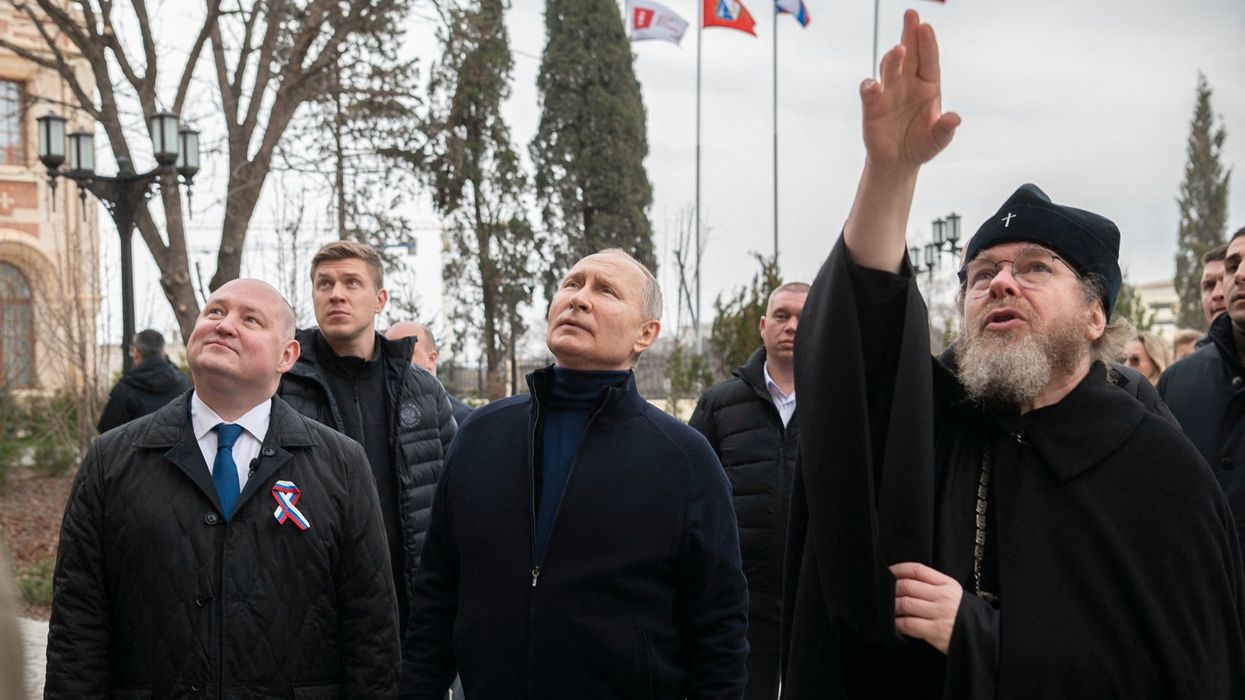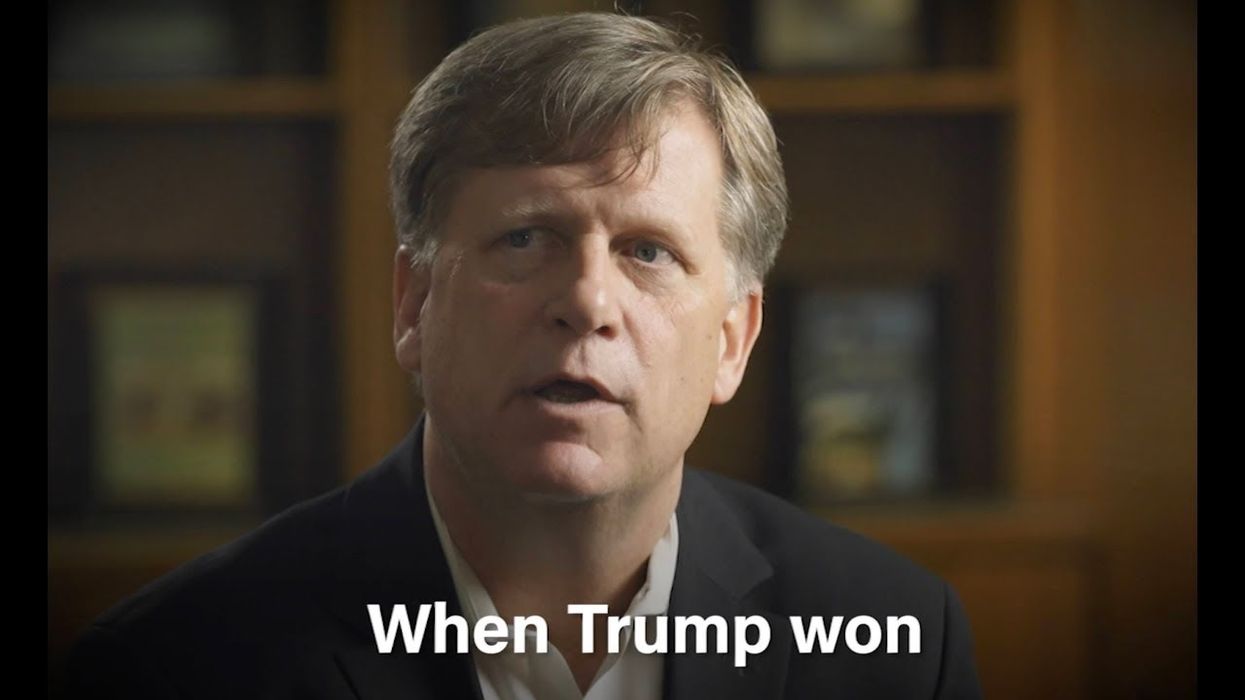popular
What We’re Watching: Putin in Mariupol, Xi in Moscow, Israeli-Palestinian talks, Trump fearing arrest, Kosovo-Serbia agreement
A defiant Putin heads to Mariupol; Israeli-Palestinian de-escalation talks derailed; Will Trump be arrested?; Kosovo and Serbia take the next step
Mar 19, 2023


